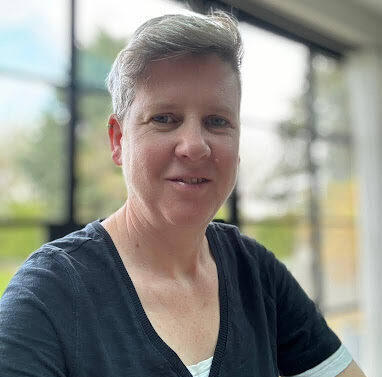You see a WILD claim on social media, but how do you know it’s true?
Data Literacy Uncertainty and MisinformationThe Bradford-Hill Criteria give you a scientific checklist that can help you evaluate whether wild health claims are actually true. What is causality anyway? Causality means that one thing directly makes another thing happen. For example, flipping a light switch (A) causes the light to turn on (B), so A causes B. But ice cream Read more…









